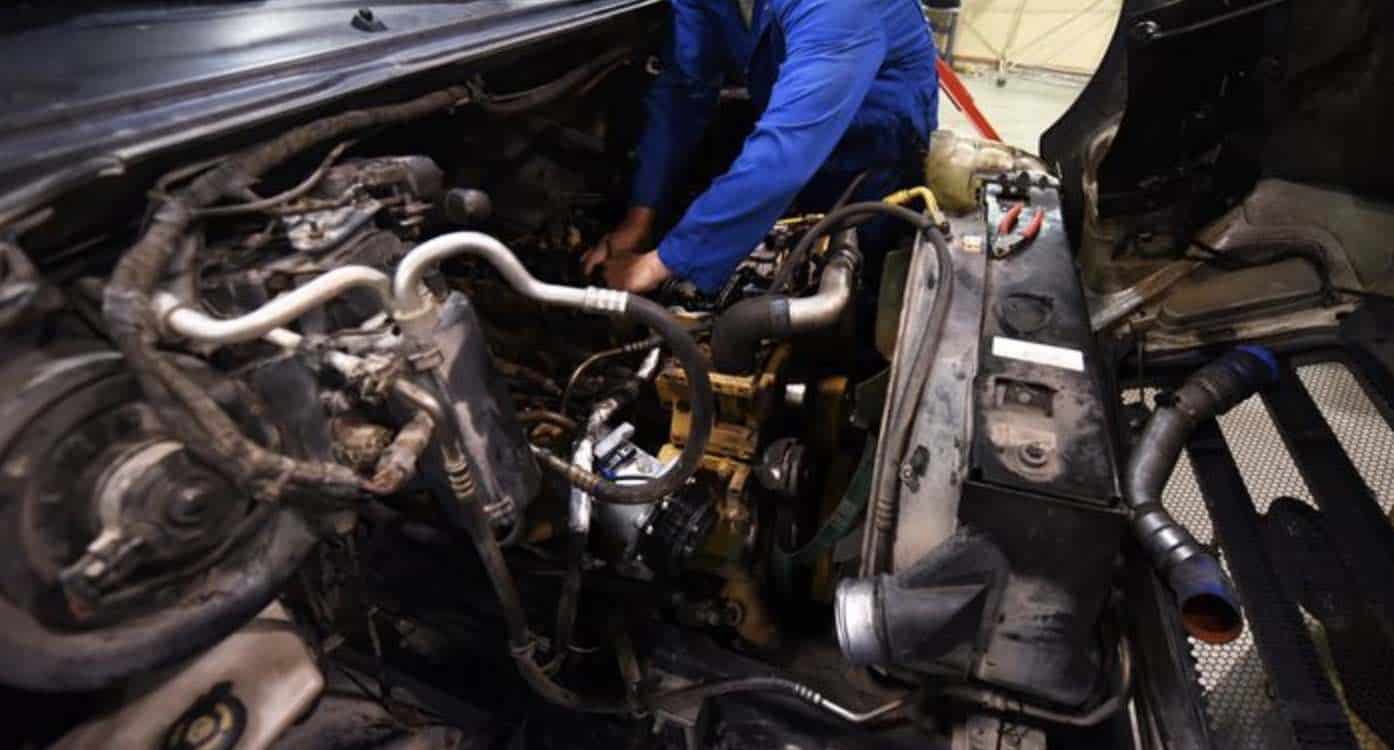There really is no perfect answer for how often should you tune up a vehicle. Whether or not it is time for a tune up is going to depend on a few important factors. Just remember that if your vehicle is running fine, there is no real need to tune up a modern vehicle. They just go. When they don’t, there’s almost always a diagnostic trouble code that’ll help you replace and repair only what NEEDS to be repaired.
Tune Up vs Service
A tune up is typically more of a response to noticing that there has been a change in the way that your engine runs. Regular service is geared toward keeping your vehicle from hitting the point where it’ll need a tune up at all. There is no reason to tune up a modern vehicle that is running just fine.
Signs That You Need a Tune Up
There are two scenarios where you would need a tune up. You either have a check engine light, or your vehicle is running rough. Really, a check engine light is preferable to chasing a vehicle that is running rough.
1. Check Engine Light
While it can be annoying when it comes on, the check engine light is your best friend in a modern car. The light is telling you that there is data stored in the computer that’ll help you pinpoint what is going wrong with the vehicle.
Each trouble code provides valuable information that can help you determine what is wrong.
For example:
P0351 means that the ignition coil “A” is having an issue with its primary or secondary wiring. Ignition coil “A” indicates the first cylinder. So already, you have narrowed down the problem immensely. And it indicates that the cylinder is running poorly due to a wiring issue. That information makes it really easy to tune up your vehicle with the exact parts that you need to get the job done.
With the power of OBD II trouble codes, there is almost no need to do a traditional tune up. You should follow the factory maintenance schedule, and respond to the check engine light, and you’ll be good.
2. Running Rough
If your vehicle is running rough it may need a tune up. As stated above, there should be some signal coming from the check engine light. If there is not a trouble code, it wouldn’t be unheard of. At that point the best thing to do would be to check the most common causes of an engine that is running rough (these are common things addressed in a typical tune up). Such as the:
- Ignition System– The modern ignition system involves crankshaft/camshaft sensors and computer control that fire the plugs at the exact right time to the millisecond. While any part of this system can cause your vehicle to run rough, it’s the spark plugs and coil packs that are most likely to need attention. You can inspect the plugs and see if they are fouled or look like they are off. You can also test the coil packs to see if one or more of them have gone bad. Coil packs are not cheap, even on a cheap car.
- Fuel System– If a fuel filter is so clogged up that it is having a hard time providing enough fuel pressure to the fuel rail, it’ll cause your car or truck to run all kinds of awful.
- Vacuum System– If your engine is idling high, or just not quite running right, that can be a strong indication that there is a vacuum leak. You would want to test for leaks and seal the engine back up if that were the case. Taking a look at and replacing the air filter would be a good thing to do while you are poking around the intake.
- Throttle Body– The throttle body has a throttle blade. This blade responds to input from the gas pedal, opens and closes, and directly controls how much air is going into the combustion chamber. It can get corroded. If the corrosion is so bad, when you let off the gas pedal you may feel the engine dip below its normal idle RPM. Fixing this problem is pretty easy. Just clean it with throttle body cleaner. Don’t use brake parts cleaner or carb cleaner. It’s super cheap. You can get it anywhere.
Forget the Tune Up
Today’s modern vehicles (vehicles made this century) are nearly bulletproof compared to the vehicles that came before them. They are way less likely to need a tune up.
They don’t have carburetors, which means that there is no worry about adjusting the jets and getting the air fuel mixture right. The fuel is electronically controlled and injected.
This improvement in fuel delivery has a nice side effect. Spark plugs don’t go bad with near the frequency that they once did. The ECM/PCM controls the timing too. The fuel being delivered at the proper mixture and the engine doesn’t need constant adjustment, like when they had a distributor and points.
Don’t Skip Maintenance
Engine failure is a zero sum game. Run them long enough and they will all fail. Today’s modern cars can feel like they can go forever. Some of them don’t even need plugs for 50k-100k miles. That’s incredible. Taking them past when the manufacturer recommends replacing certain parts, or ignoring a timing belt service is asking for trouble. Often, the tune up will just consist of catching up on maintenance.
Conclusion: When Should You Get a Tune Up?
Unless you notice your vehicle running rough, these days vehicles don’t typically need a tune up. They just need cared for. They’ll let you know when they need attention. Thank you for taking the time to read this article, and have a great day.


